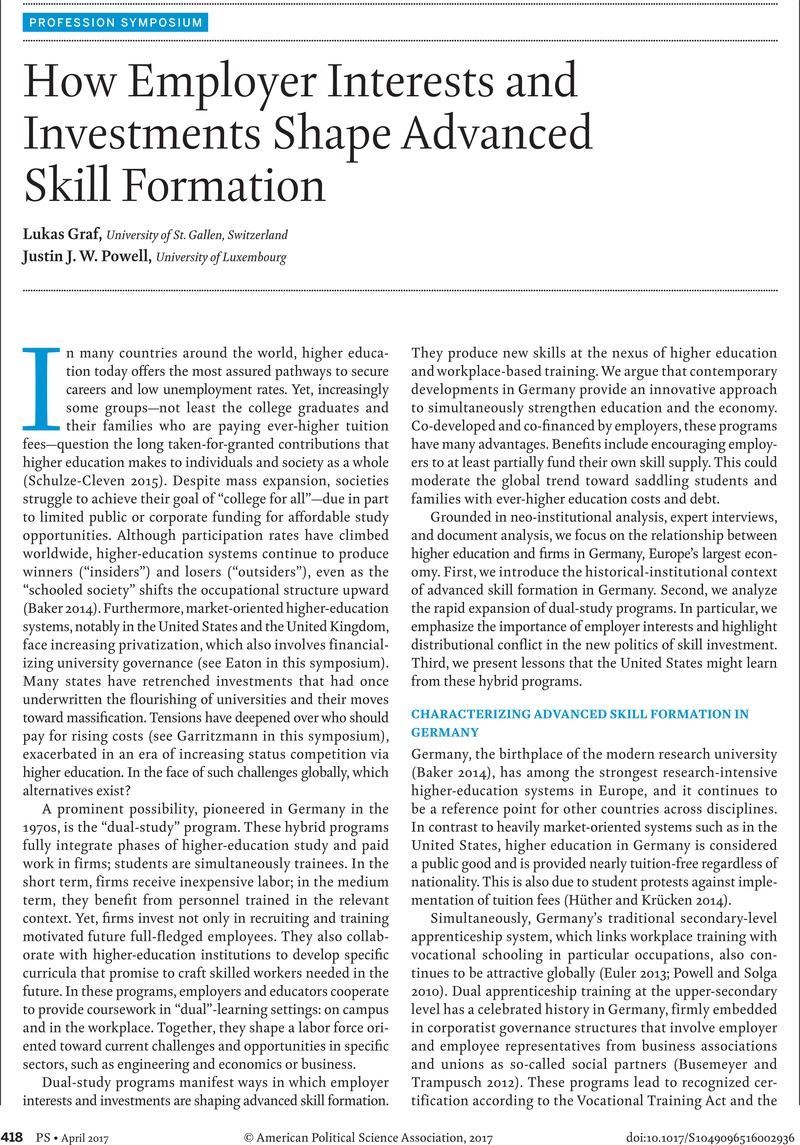Crossref Citations
This article has been cited by the following publications. This list is generated based on data provided by Crossref.
Trepanier, Lee
2019.
Suffering and the Intelligence of Love in the Teaching Life.
p.
159.
Powell, Justin J. W.
2020.
Comparative education in an age of competition and collaboration.
Comparative Education,
Vol. 56,
Issue. 1,
p.
57.





